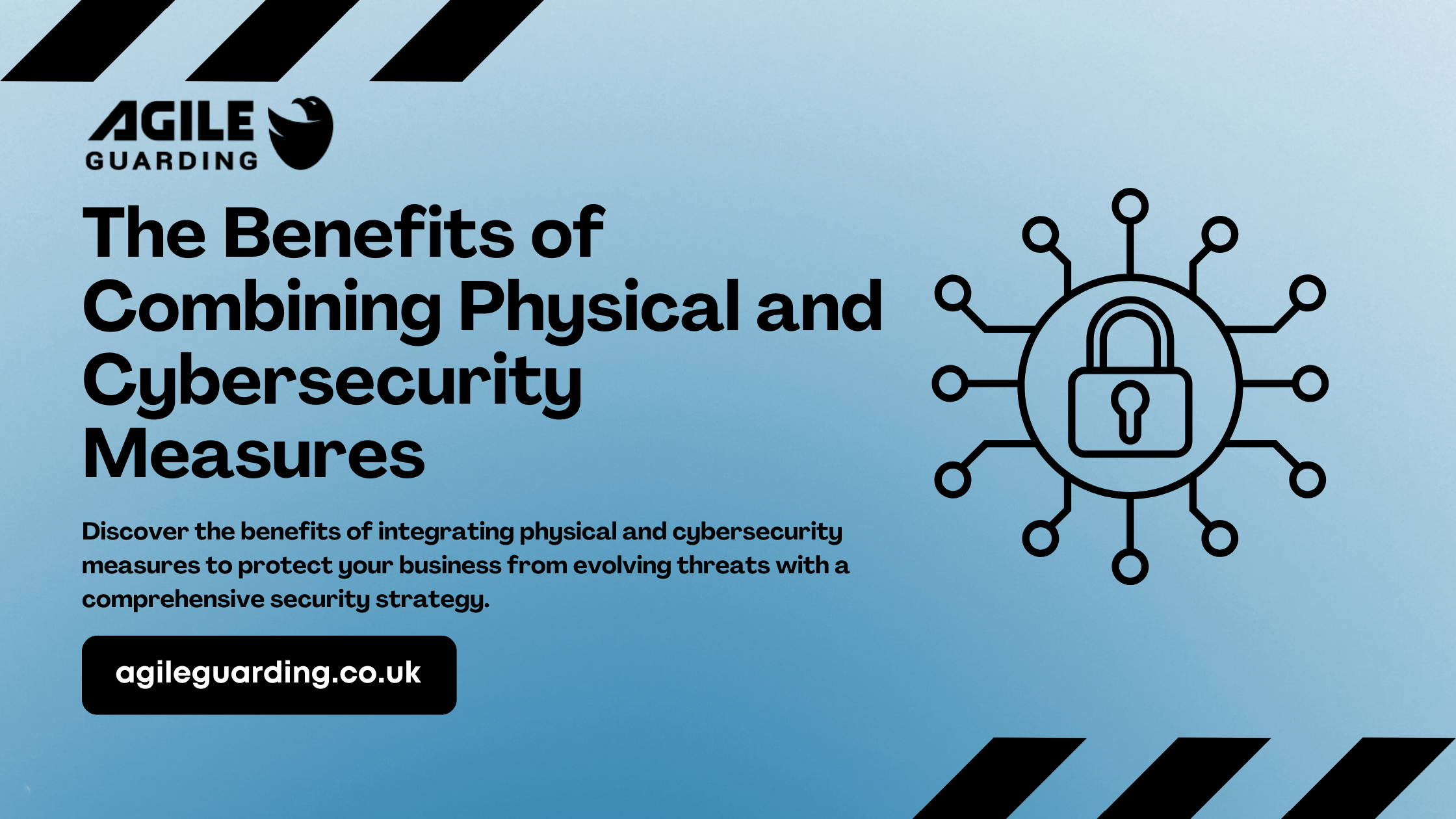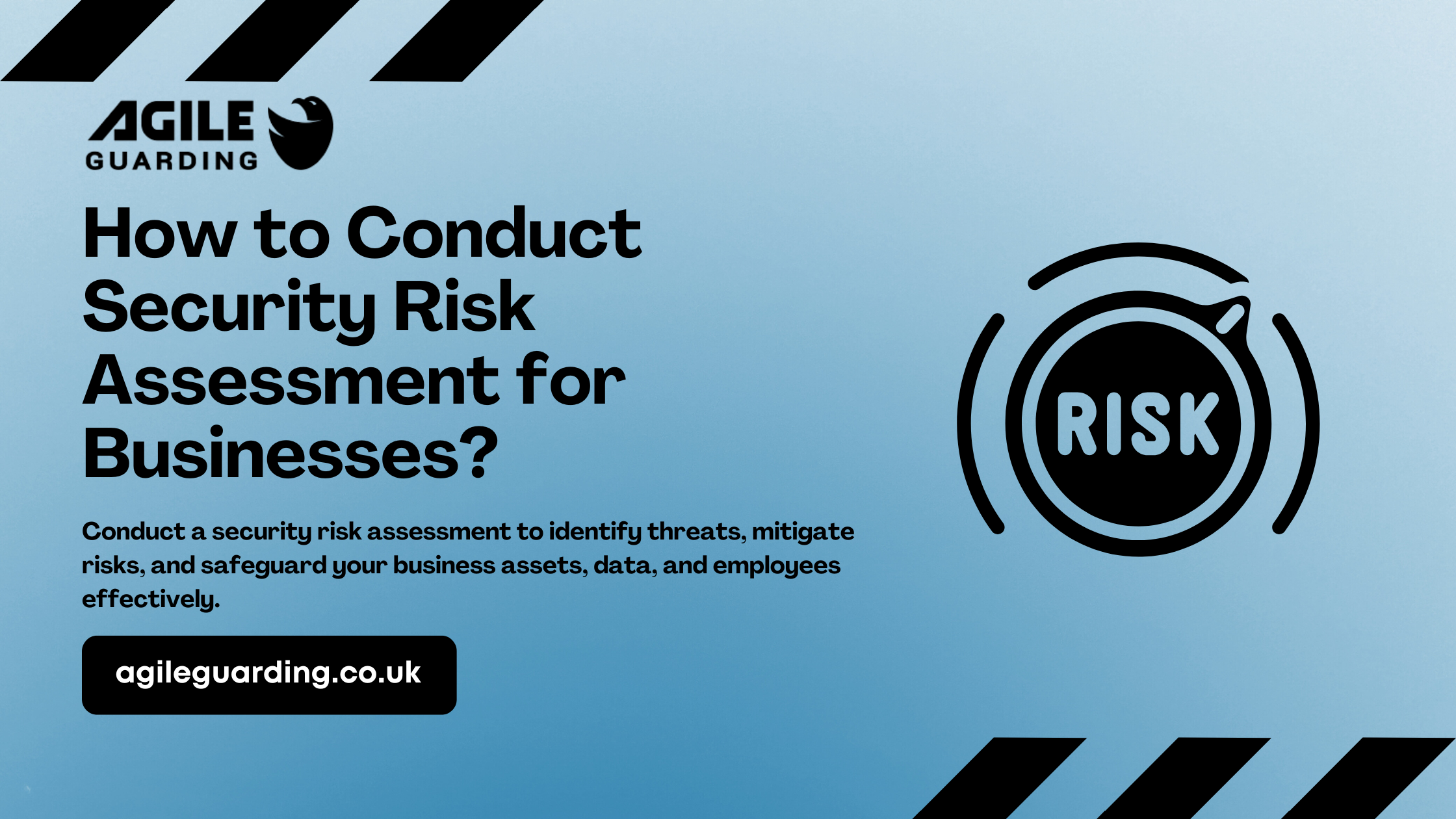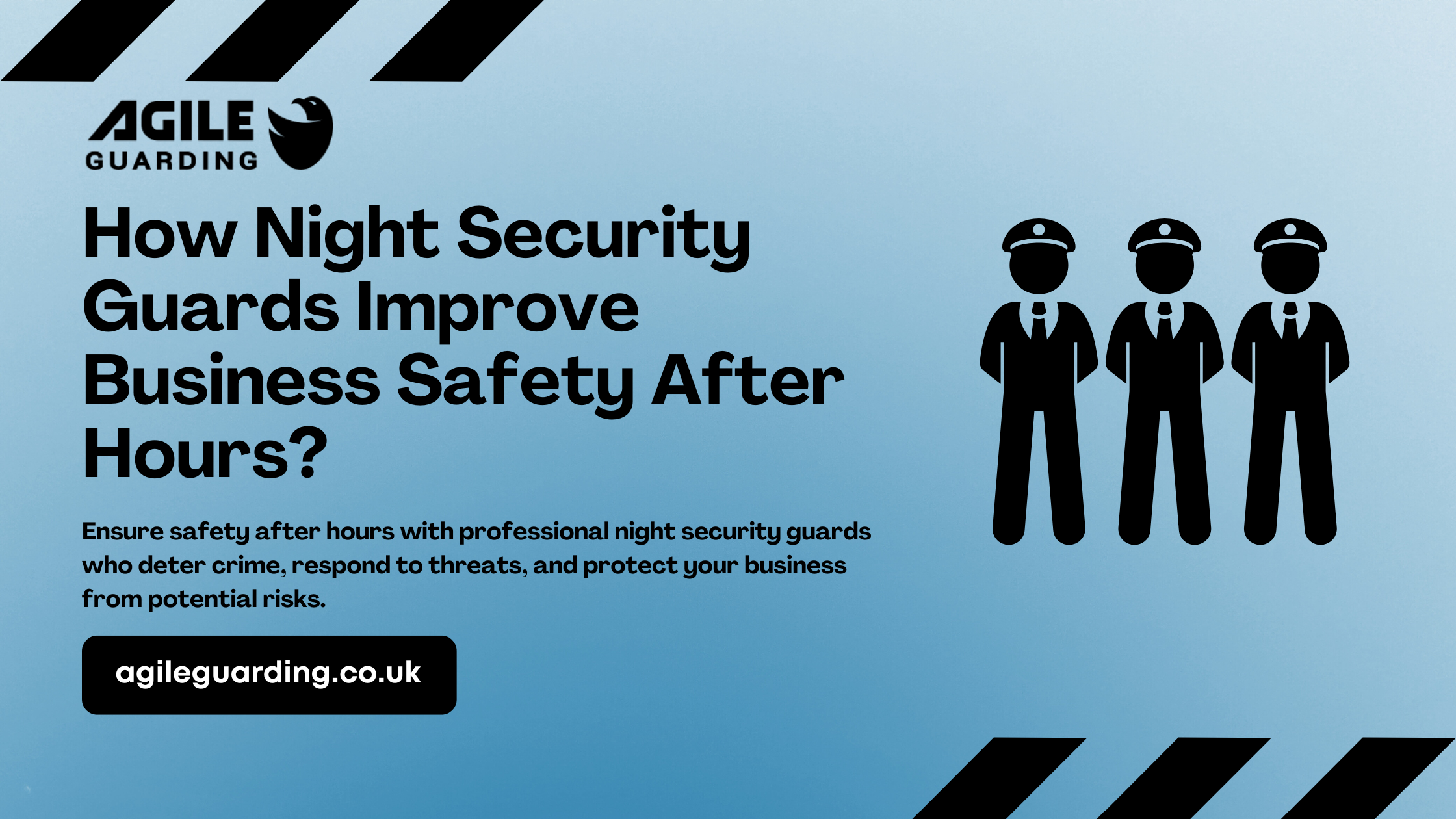The Benefits of Combining Physical and Cybersecurity Measures Apart from the countless benefits of the digital world of today, the complex nature …
Understanding CCTV Laws in the UK in 2024
CCTV has become a household name in the recent time because of sudden increase in criminal activities like theft and burglary all over the world. It provides a very convenient and budget friendly alternative to physical security which is why more people are having it installed not just for their homes but also for vacant properties and in the retail sector as well. It is helpful in deterring crimes and also provides the opportunity to keep an eye on for other threats as well. There are a lot of security companies providing CCTV security services in the UK along with CCTV operators too. The job is not just limited to installation but also to provide assistance further whenever needed.
There are certain laws and regulations that all the CCTV companies must follow. We will discuss various points, for example, how long should you keep the CCTV footage, how to justify the use, and how to provide access, etc.
Laws Regarding CCTV Footage in UK
There are certain rules and regulations that have to be kept under check by the Data Protection Act of 2018. Failure to comply with the laws of the DPA results in often serious consequences like lawsuits. Other than this the Human Rights Act 1988 and Freedom of Information Act 2000 also ensure the safe and transparent use of CCTV footage while protecting the rights of the public.
It recognizes that security is the fundamental need but so is the need for privacy and maintaining a healthy balance between the two is essential for the interest of the general public. The laws include CCTV monitoring for personal properties, in the retail sector, in workplaces or otherwise.
Compliance Points for CCTV Users in UK
Especially for people living in the UK, the regulatory body wants the CCTV users to comply in various aspects of the installation and retention of data. The key compliance points are discussed below for further clarification of their importance in the security industry.
I. Justification for use
Installing CCTV cameras and recording footage should always be justifiable. In case of home owners, the main reason justifying it is to prevent crime and enhance security and safety.
In the retail sector it is pretty much the same as it deters the risks of shoplifting and theft as well as other criminal activities. In workplaces though, there can be multiple reasons other than staff and property security such as improving the overall workplace efficiency as CCTV footage ensures the correct and lawful use of the company resources.
Also Read: Top 5 Security Companies in Lancashire
II. Signage For Monitored Areas
The laws focus on the right to privacy of every individual therefore no privacy infringement is intended. Thus, clear signs should be put up before you start monitoring. Adhering to the DPA advises you to put up clear and visible signs that CCTV is in operation. As in case of private security you are only allowed to have CCTV footage of your own property and if it accidently captures something that threatens the privacy of a neighbor you are to delete it immediately upon request.
For workplaces recording without putting up signs is prohibited as it often interferes with the privacy of the employers since the only reason is their safety and security while ensuring the company is not under any kind of threat from them so putting up signs will often let employees know their right to privacy is being protected.
III. Access to CCTV Footage
Individuals who are being monitored will have the right to access and ask for their footage which must be provided within 30 days.The CCTV footage is retained for 30 days as well after this it has to be deleted. Under special circumstances the retention period can be over 30 days as well. For example, under serious investigation you can keep the footage for an additional 14 days which gives the authorities ample time to go over it. If the ongoing investigation lasts longer then it can be kept for longer as well but this is only an exception and not the rule.
The CCTV footage should be deleted securely and nobody other than the authorized personnel should have access to it. During the period of storage as well there needs to be a check and balance to ensure no unauthorized person has access to the footage and it is not being tampered with or shared on public platforms. The footage should be secured from theft and any data transfer done should be in proper compliance with the law.
IV. Safety of Data
Data can and should not be kept for longer than it is necessary and not shared with the general public too. There are guidelines to be followed, as to how and when the data can be shared with and who. The footage can and will be accessible to whoever is being recorded but the access to that footage will be granted after making a request. If the request meets the legal requirements, then they can have access to the footage. The deployment of CCTV cameras comes with mindful use of the security footage.
V. Security Measures
Proper security measures should be taken to prevent the theft or unauthorized access to the footage. The data controller needs to know that nobody is allowed to share the footage with the general public. The data collected is to be under supervision and sharing of such data is prohibited and comes with serious lawful consequences.
In case of workplace security it becomes the responsibility of the company to ensure that it protects its interest all the while safeguarding its employees basic right to privacy and dignity. Not just the security of the public and their privacy but the Regulatory Reform ensures that the installation and maintenance of the required equipment is taken under consideration to avoid any hazards.
Concluding Thoughts
The lawful, fair and transparent use of CCTV security is crucial to deter crime and aiding in risk management. Whereas the failure to comply with the guidelines and follow up with the rules results in heavy penalties, lawsuits and fines issued from the regulatory body upon the request of the individuals whose right to privacy has been breached.
In order to avoid violation of the privacy of the general public it is advised to share your concerns with your CCTV service provider and operator. Always go for an SIA approved security agency with skillful personnel having an SIA License.
If you’re looking for a professional security company in the United Kingdom for CCTV services or CCTV watchtower cameras, then you can consult with Agile Guarding Services Limited.
Read our blogs
How to Conduct Security Risk Assessment for Businesses? The technologically advanced and fast-paced world of today is faced with multiple security challenges …
Understanding the Role of Keyholding Services in Business Security Businesses of all scales must prioritize security in today’s dynamic and ever evolving …
How Night Security Guards Improve Business Safety After Hours? Running a business entails more than simply managing day-to-day operations. When the doors …
